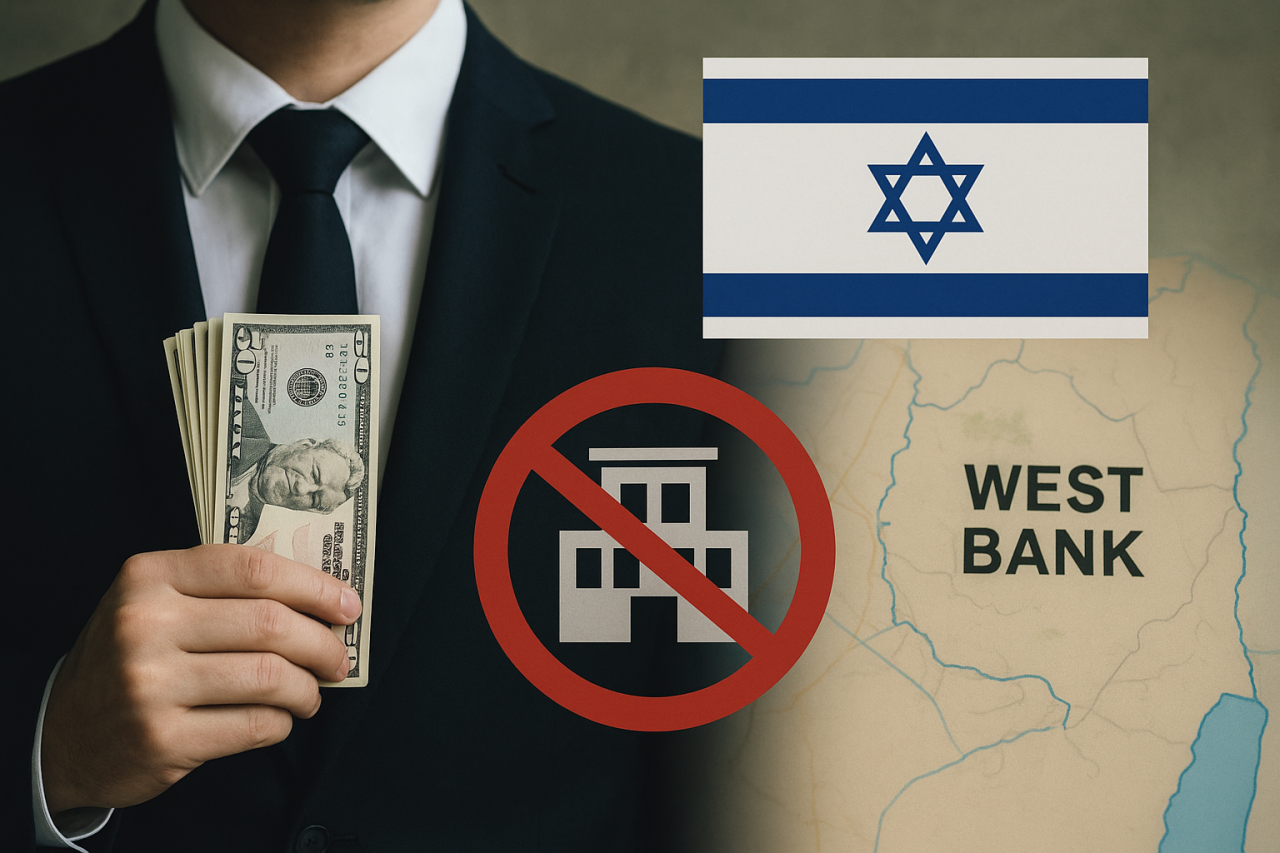Danish fund manager AkademikerPension said on Wednesday it will exclude Israeli state assets, including government-controlled firms, from its investment portfolio.
The $24.7 billion fund, which manages the pensions of Danish teachers and university lecturers, pointed to the war in Gaza and Israel’s expansion of settlements in the occupied West Bank as key reasons for the move.
“This comes as an assessment of the state of Israel’s ability to uphold human rights,” CEO Jens Munch Holst told Reuters, noting that the war was incompatible with international humanitarian principles.
The announcement came as Israeli bombardments in Gaza killed more than 60 people in a single day on Wednesday, according to Al Jazeera, while the United Nations accused the military of “inflicting terror” on civilians and forcing mass displacement.
Gaza health authorities say over 65,000 Palestinians, mostly civilians, have died since the war began.
Norway’s sovereign wealth fund sets precedent
AkademikerPension’s move follows a string of similar divestments across Europe.
Norway’s $2 trillion sovereign wealth fund, the world’s largest, recently excluded US machinery giant Caterpillar and five Israeli banks over their involvement in West Bank settlements and property demolitions.
The Norwegian fund had held a $2.4 billion stake in Caterpillar, about 1.2% ownership, before divesting.
It also sold shares in Israeli energy and telecom firms linked to settlements, including Paz Retail and Energy and Bezeq, citing “unacceptable risk” of complicity in human rights violations.
Norway’s biggest pension fund, KLP, has also withdrawn from companies linked to Israel, including Oshkosh Corporation and ThyssenKrupp, both of which supply equipment that may be used in the Gaza war.
Other European funds and firms cut exposure
Beyond Norway, several other financial institutions have severed ties:
French insurer AXA divested from Israeli banks last year over their role in funding settlement activity.
Denmark’s largest pension fund sold $7.4 million worth of Israeli bank shares in early 2024, citing concerns over their contribution to settlements.
Ireland’s sovereign wealth fund divested more than €4 million from Israeli companies and two global accommodation firms, Expedia and TripAdvisor, linked to settlement tourism.
Even multinational corporations have faced pressure. In June, shipping giant Maersk cut ties with firms connected to West Bank settlements after activist campaigns.
BDS campaign gains momentum
These moves align with growing momentum from the Boycott, Divestment and Sanctions (BDS) campaign, a grassroots initiative modeled on the anti-apartheid movement in South Africa.
The campaign seeks to exert economic and political pressure on Israel to end its occupation of Palestinian territories.
While governments in Europe remain divided on whether to formally endorse such measures, financial institutions and corporations are increasingly responding to investor, activist, and public scrutiny.
Israel under international scrutiny
The war was triggered on October 7, 2023, when Hamas launched a deadly cross-border attack that killed around 1,200 people in Israel and took 251 hostages, according to Israeli figures.
Since then, Israel has faced mounting condemnation over its conduct in Gaza, with accusations of disproportionate military force and worsening humanitarian catastrophe.
Last year, the United Nations’ highest court ruled that Israel’s occupation of Palestinian territories and its settlement policies were illegal, calling for withdrawal “as soon as possible.”
Israel rejected the ruling as “fundamentally wrong” and one-sided.
The post Danish, Norwegian funds pull investments from Israel over Gaza war appeared first on Invezz

